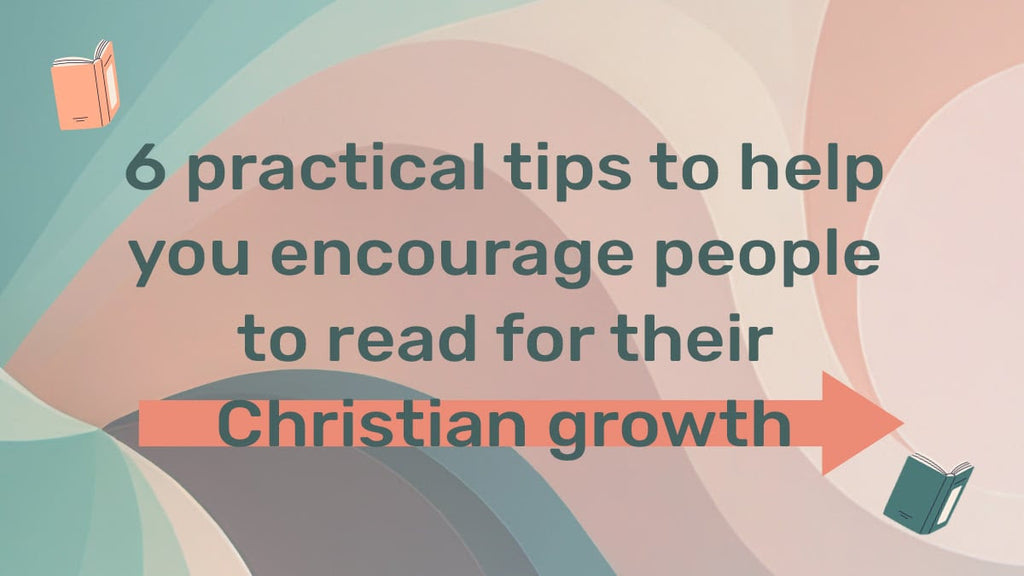The optimistic fisherman
I was talking with Phillip Jensen last week on our podcast about the new book I’ve written, The Christian Gospel: A short account of the momentous news about Jesus Christ, and he used an illustration that captures exactly why I wrote it and why you should have a copy handy at all times.
The true fisherman is an optimist. He knows he may wait for hours for a bite; he knows he may catch nothing. But he expects and hopes to catch something, and he comes ready to catch it. You can tell a true fisherman, said Phillip, because he always heads to his fishing spot with an old sack or a bucket to carry his catch home.
Christians are called to be fishers of men. And we fish in hope and optimism that God will give us opportunities to talk with people about the gospel of Jesus Christ—at work, at school, at home, over the back fence, after church with a newcomer, as we read the Bible one-to-one with someone, as we invite them to an evangelistic course at church, and so on.
The Christian Gospel is the little book that the optimistic Christian fisherman should always have with them, ready to follow up on the conversations and opportunities that we pray God gives us.
I wrote it because (weirdly) it is a resource that we didn’t have—a short, easy-to-read, straight up and down explanation of the Christian gospel to give to a non-Christian person. It doesn’t have a particular angle or apologetic hook. It doesn’t seek to bounce off a current hot topic or cultural aspiration. It just explains the Christian message in six short chapters, using the six-point Two Ways to Live framework as a guide. At around 80 pages, it’s long enough to explain the various points clearly and coherently, but short enough for anyone to read (even if they’re not an avid reader). And like Two Ways to Live, it finishes with the challenge that the gospel brings and explains how to become a Christian.
This makes it (I hope and pray) an ideal resource for a huge range of opportunities and occasions, like these:
- There’s a family member or good friend who knows you’re a Christian, and you’ve had a few conversations here and there—give them a copy of this book to reignite the discussion (“This new book has just come out, and it really captures the heart of what I believe. I think you’ll find it interesting”).
- You have a conversation with a work colleague that touches on the gospel—give them a copy of the book to move things along and provide an opportunity for further conversation.
- You’ve been reading one of the Gospels with a friend for several weeks (perhaps a non-Christian friend, or a new or wobbly Christian)—give them a copy of the book to tie together the various truths you’ve been seeing in the various passages.
- You’re running an evangelistic event or course at church—give everyone a copy of the book to take home with them (“We’ve touched on different aspects of the Christian gospel in today’s event; we’re giving you this short book because it explains the heart of the Christian message and what it means for our lives”).
- When you do some doorknocking in your local area (perhaps in advance of Easter or Christmas), give everyone you speak to a copy of the book as a gift from your church.
- In terms of our church structures, it’s a book that could be given to every newcomer, not only to share the gospel with them (they may not be Christian or may not really understand the gospel), but to ground them in the basic truths that your church is built on.
- In that sense, it’s also a book for Christians themselves to read—especially new Christians, or those who aren’t entirely clear on the gospel—to clarify their understanding of what the gospel really is.
No doubt you can think of many other uses, because the gospel is the centre of everything we do.
I’m excited about the potential of this little book, not because it’s such a masterful piece of writing but because the gospel it proclaims and explains is so powerful.
It catches people and changes their lives.











